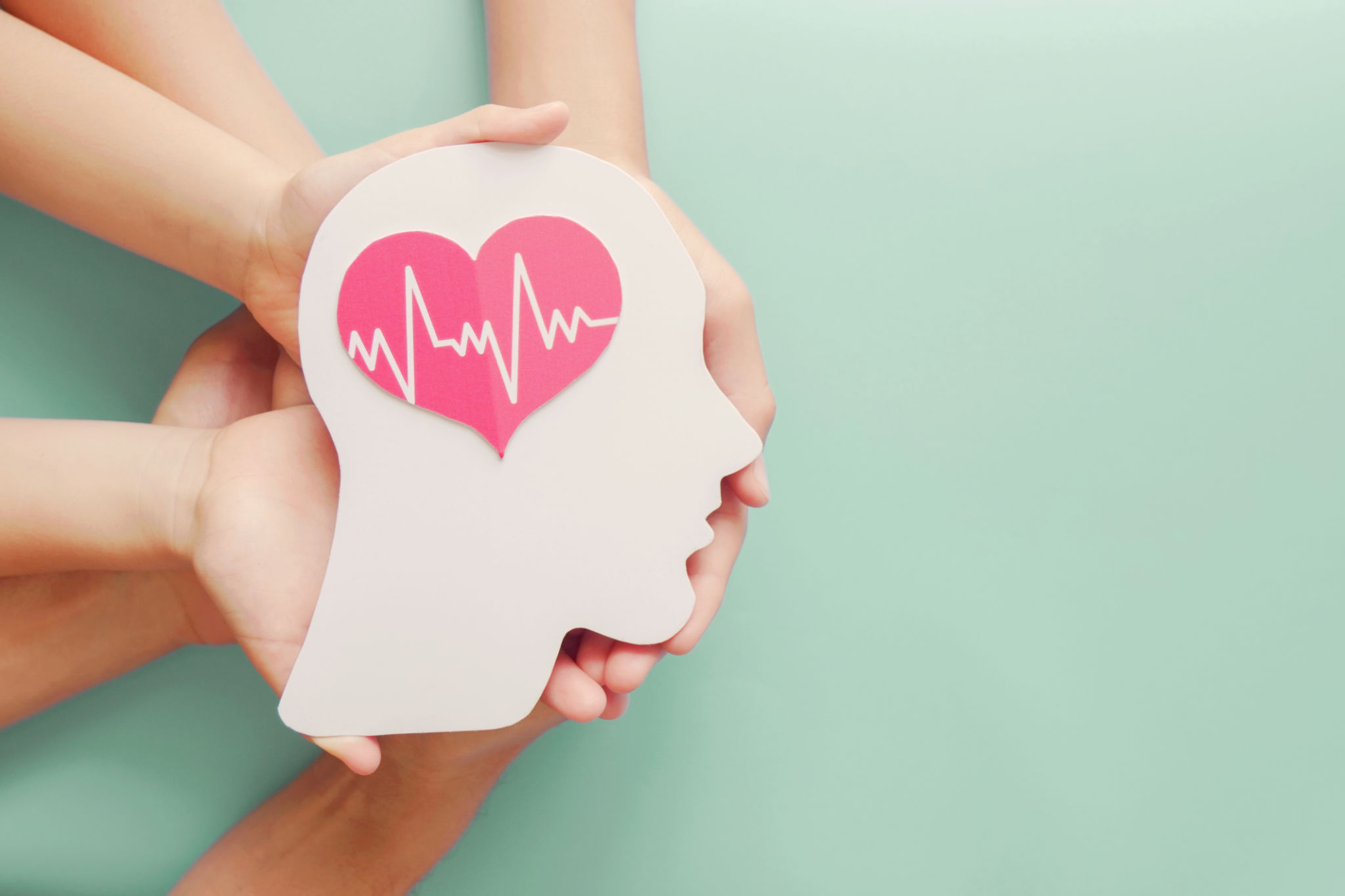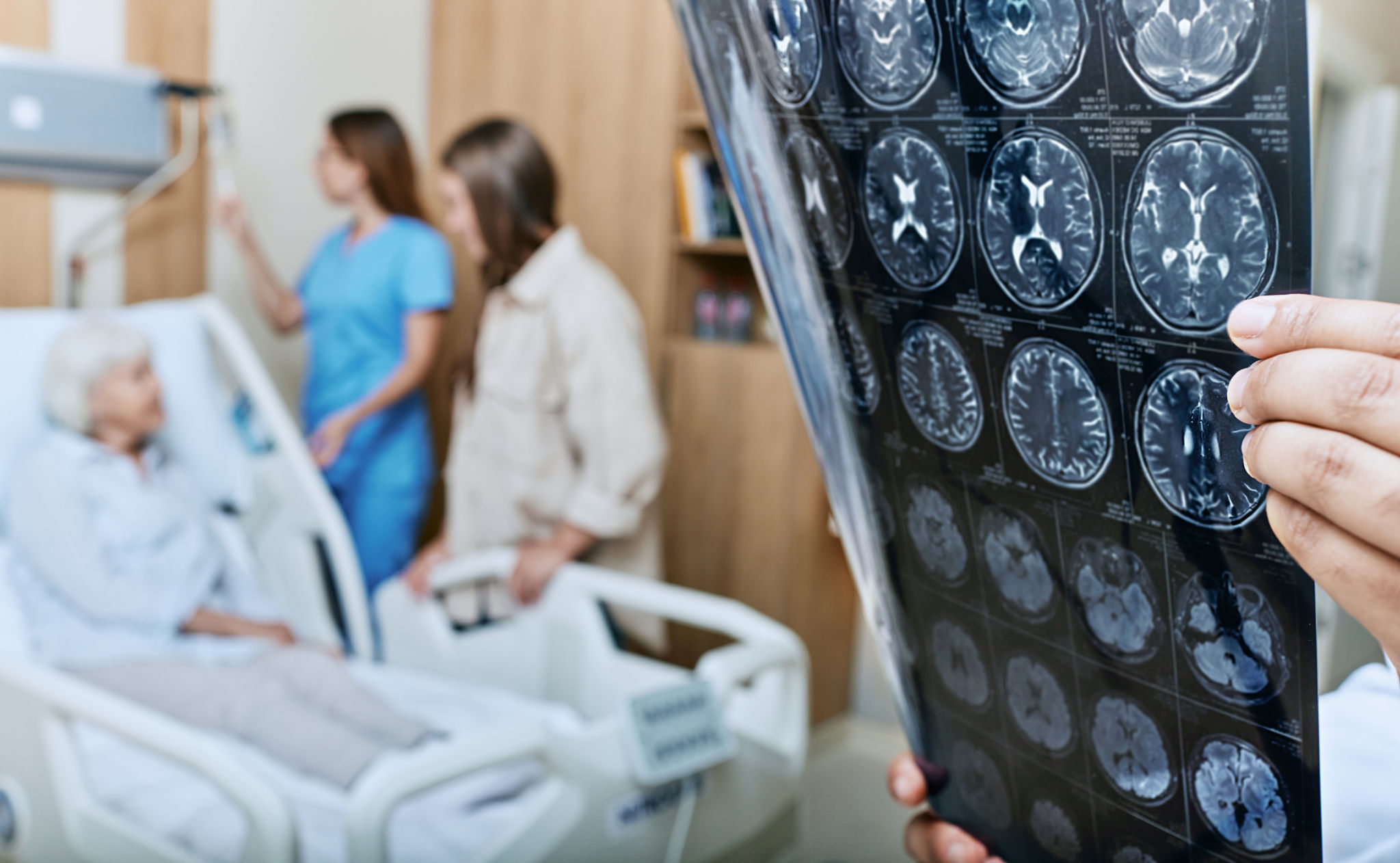The Role of Neuro Physiotherapy in Stroke Rehabilitation: Expert Insights
Understanding Neuro Physiotherapy
Neuro physiotherapy is a specialized form of physiotherapy that focuses on the rehabilitation of individuals with neurological conditions. This type of therapy is particularly important for patients recovering from strokes, as it helps them regain movement, coordination, and strength. By utilizing targeted exercises and techniques, neuro physiotherapists aim to improve the quality of life for stroke survivors.
A stroke occurs when the blood supply to part of the brain is interrupted or reduced, preventing brain tissue from getting oxygen and nutrients. This can lead to significant physical and cognitive impairments. Neuro physiotherapy plays a crucial role in the rehabilitation process, aiding in the recovery and reintegration of stroke patients into their daily lives.

The Goals of Neuro Physiotherapy in Stroke Rehabilitation
The primary goal of neuro physiotherapy is to help stroke patients regain as much independence as possible. This involves several key objectives:
- Restoring Movement: Exercises are designed to improve muscle strength and coordination.
- Reducing Spasticity: Techniques are used to manage muscle stiffness and involuntary movements.
- Enhancing Balance and Coordination: Therapies focus on improving balance to prevent falls.
By focusing on these goals, neuro physiotherapists work with patients to create individualized treatment plans that cater to their specific needs and progress levels.

Expert Techniques in Neuro Physiotherapy
The techniques used in neuro physiotherapy are diverse and tailored to each patient's unique condition. Some commonly used methods include:
- Task-Oriented Training: This involves practicing real-life activities to improve functional abilities.
- Constraint-Induced Movement Therapy (CIMT): Encourages the use of the affected limb by restricting the unaffected one.
- Bobath Approach: Aims to enhance motor control through guided movements and sensory feedback.
These techniques are backed by research and have proven effective in promoting recovery and improving quality of life for stroke survivors.

The Impact on Quality of Life
Neuro physiotherapy not only aids in physical recovery but also has a profound impact on a patient's emotional and psychological well-being. The process of regaining lost abilities can boost self-esteem and reduce feelings of frustration and helplessness.
Moreover, participating in rehabilitation programs offers stroke patients a sense of community and support. Interacting with therapists and fellow patients who understand their challenges can provide encouragement and motivation throughout the recovery journey.
The Importance of Early Intervention
Early intervention is critical in stroke rehabilitation. The sooner neuro physiotherapy begins, the better the outcomes for the patient. Early treatment helps prevent complications such as joint contractures and muscle atrophy, which can impede recovery.
Experts emphasize the need for immediate action following a stroke. Timely physiotherapy interventions can significantly enhance neuroplasticity—the brain's ability to reorganize itself by forming new neural connections—leading to improved recovery prospects.

Collaborative Approach in Stroke Rehabilitation
Successful stroke rehabilitation often requires a collaborative approach involving a multidisciplinary team. Neuro physiotherapists work closely with other healthcare professionals such as occupational therapists, speech therapists, and neurologists to provide comprehensive care.
This teamwork ensures that all aspects of the patient's health are addressed, facilitating a holistic recovery process. By combining different expertise, the rehabilitation team can tailor interventions that maximize the patient's potential for recovery.
The Path Forward
While recovering from a stroke can be challenging, neuro physiotherapy offers hope and direction for patients and their families. Through dedicated therapy and support, many stroke survivors can achieve significant improvements in their functional abilities and quality of life.
As research continues to advance our understanding of neuroplasticity and rehabilitation techniques, the role of neuro physiotherapy will undoubtedly continue to evolve, providing even more effective solutions for those affected by strokes.
